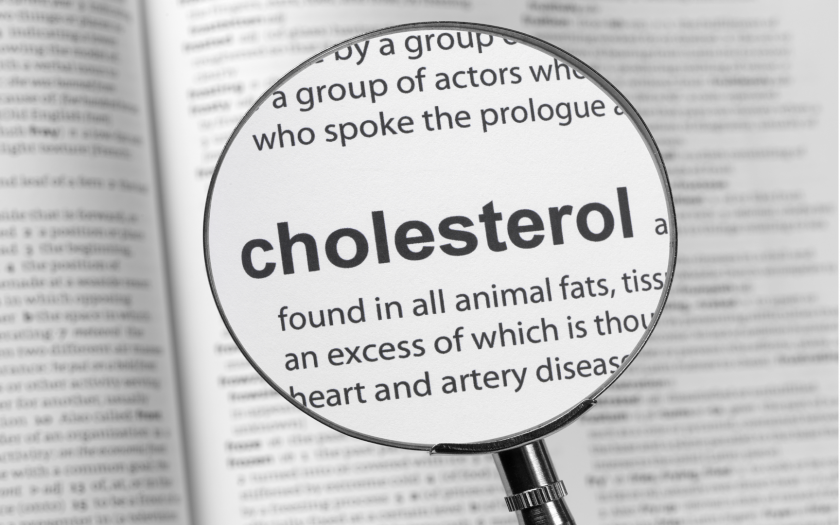WHAT IS CHOLESTEROL?
In terms of physiology, cholesterol is a compound of fatty genesis. Cholesterol produced by the liver and some other cells. Also, cholesterol may be founded in food products of animal origin, for example, dairy products, eggs and meat.
As scientists say, our body needs cholesterol for normal functioning. It is involved in the production of fat-soluble hormones and vitamins, bile acids, which help to digest fats.
But high levels of cholesterol cause health problems, especially disease of the heart and blood vessels. Excess cholesterol leads to the formation of artery plaques. They narrow the space through which blood gets into a heart.
When the heart receives an insufficient amount of oxygen-enriched blood, may appear angina attack.
TYPES OF CHOLESTEROL
Types of cholesterol are the following:
- Lipoproteins of low density (LDL). This type of cholesterol leads to the formation of atherosclerotic plaque. Consequently, the higher the LDL-levels are in the blood, the higher the risk of developing cardiovascular disease.
- High-density lipoproteins (HDL). HDL helps the body keep in control of bad cholesterol LDL.
- Very low-density lipoprotein (LDL) is similar to low-density lipoprotein.
Triglycerides – a separate class of lipids, the excess of which is dangerous to health. Triglycerides are increased when a person abuses sweets, alcohol, and food with a high content of saturated fatty acids.
What factors contribute to increasing cholesterol?
The level of cholesterol can be affected by a variety of factors, including:
- Unhealthy diet. As mentioned, harmful food can increases the level of cholesterol.
- Overweight. Overweight is a risk factor for many diseases including angina pectoris, non-alcoholic fatty liver disease, diabetes, and atherosclerosis.
- Physical activity. Lack of physical activity increases the risk of many pathologies, including high cholesterol.
- Age and sex. The older the person, the higher the risk of high cholesterol level. Women before menopause tend to have lower cholesterol levels than men of the same age.
- Diabetes. If the person with diabetes does not control the glucose level, atherosclerosis may develop.
- Heredity. The tendency to elevated cholesterol is often inherited.
- Other reasons.
HOW WE CAN LOW CHOLESTEROL LEVEL? TREATMENT OF ATHEROSCLEROSIS
The main things that can actually help lower cholesterol and the risk of developing heart and blood vessels:
- Eat less sweet and fat foods.
- Do not smoke. Smoking lowers the amount of good cholesterol in the body.
- Take medications to lower cholesterol levels.
Cholesterol-lowering drugs are divided into three main groups:
- Statins (Atorlip, Lipex, Lipvas)
- Fibrates (Bezalip Retard, Lipicard)
- Nicotinic acid drugs (Apo-Nicotinic)
Confirmed by practice, the main ways of controlling cholesterol are the combination of two factors – the use of healthy food and the use of drugs that help lower cholesterol.

